STORIES / Okara’shòn:’a
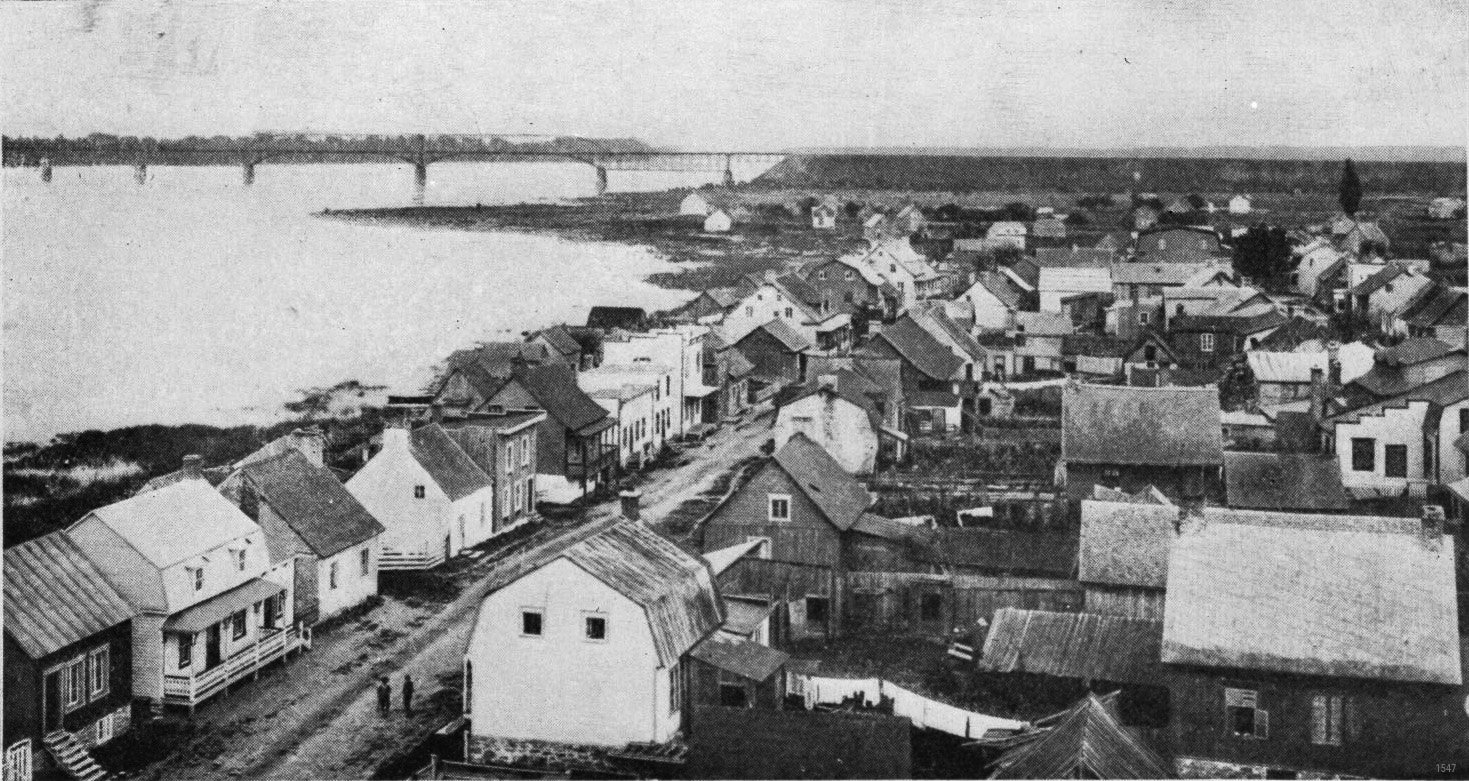
Burning wood
I remember in those years, when I was much younger, there were people still burning wood. There was a lot of wood burning. You would smell the smoke of wood stoves. During the holidays, and especially around new years, people used to go around to visit, so your relatives would come to your house, and that would last about a week.
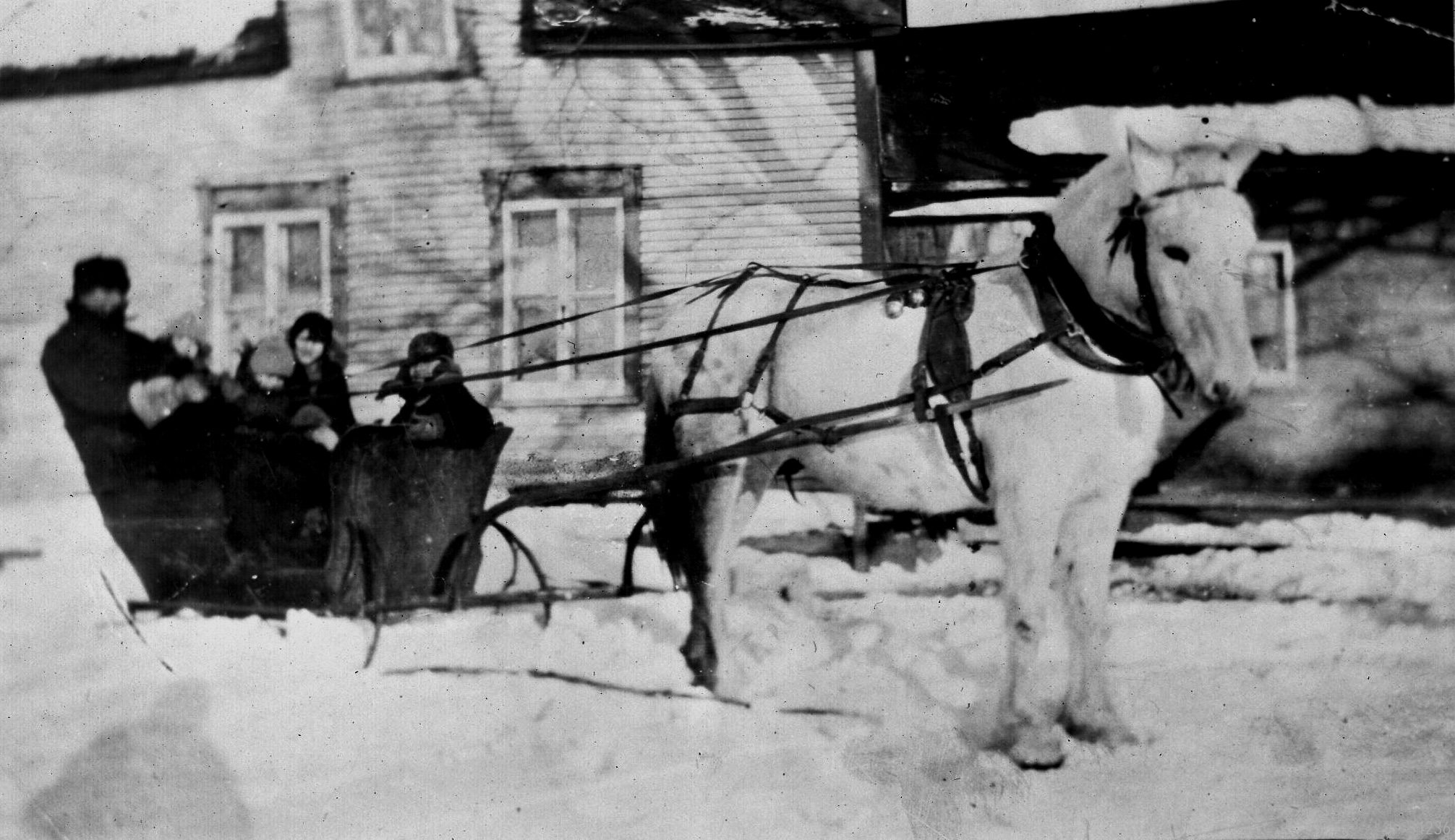
Childhood hijinks
I think the road from Kateri School to the hospital was the only road that was paved here in Kahnawake. There were a lot of dirt roads, a lot of hills. There were a lot of old houses. I remember a lot of the houses didn’t have good insulation, and in the wintertime there would be giant icicles on many houses - some right to the roof, right from the ground.
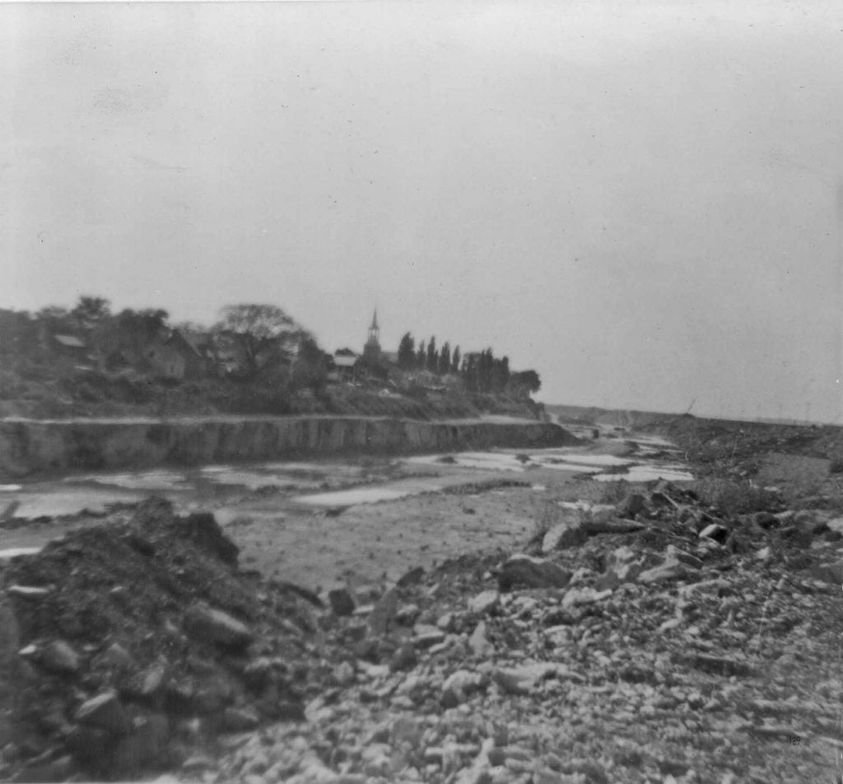
Big giant hole
I used to play in the Seaway while it was being dug. My grandfather’s house, where I would stay in the summer, is just one street up from the river. They call it the Church road. From there, we used to just walk down to the river that used to be there. The riverside was where most of us would spend almost every summer day. It was within a football field’s distance.

A different life
I grew up in Kahnawake, but only during the summer time. My parents lived in Michigan, but always brought my brother and I back to stay with my grandparents in Kahnawà:ke every summer until I was around 12 years old.

Death Feast
I never attended a death feast until my younger brother, Irvin, passed away in December of 2009. A few days later, his wife, Dale, called me to tell me that she was hosting a 10 day death feast and she was inviting me.

Music Is my medicine
I went to the back door of K103 radio station at 10 o’clock one night. I had a Hank Williams record with me and asked, “Could I pay you $10 to play two or three songs?” I knew it wouldn’t be allowed if I had asked at the main entrance. They would think I’m crazy. So I bribed them all - everyone except the manager.

Inclination to share
I wish everybody would think the way I do; embracing the idea of helping one another and not holding back their knowledge. It’s crucial because when we pass away, all that wisdom disappears with us. There are few of us left from my generation and we are dwindling, especially in recent times as we lose more friends one by one.

Stay and listen
My cousins Susan, Shirley and Doreen had left our community to work in Montreal. When they returned, something had changed. They couldn't speak our Mohawk language anymore. It saddened me to see them speak English all the time. For me, regardless of where I am, I will always talk in my Native language.

Nearby farm
I didn’t go home over the summer like some of the other kids at Spanish residential school. I would be sent to a nearby farm to work and the school would be paid for the work I did. It was like slave labour. But I liked it more than going to school. Like day and night. We would have to work at school during the year anyways. They’d make us clean the gym, the kitchen and do things around the grounds.

Scraping every last bit
When I was at Spanish residential school, they didn’t feed us enough. I was always hungry.
We had mush for breakfast - I guess it was some kind of oatmeal. For lunch and supper, we’d have soup, beans and two-day old plain rolls with no butter. And for snack, they gave us a slice of raw turnip and tea.

Otherworldly experience
When I was about six months pregnant with my daughter, I had a very surreal experience. It was late at night and I was watching the Academy Awards. My boys were asleep. I was sitting on the sofa all by myself.

No written history
I was living in Detroit for a while. In Michigan, there's so many different nations there. They’re scattered around, very small, different dialects, and are disappearing now.
There’s so many words missing now that were lost.

Proper indian
I grew up speaking Mohawk, until English came in. My older sisters were learning it in school, so they started to use English in the house.
Little by little, you pick it up and when I went to school, it was every day. The older people back then couldn’t communicate in English or any other language, strictly Mohawk.

Lost caribou
I was the tech on a film shoot way up in Nunavik and we had the president of the Quebec Ministere des Forets, de la Faune et des Parcs with us.
When he shows up there, he’s got this $3,000 rifle, with a scope and the whole thing. The guy’s a lawyer, he doesn’t know this shit.

Little paper
The Indian agent in Canada was like a monarch. He was the justice of the peace, he could hold court, pass judgment and so on. Everything had to go through him.

Not that fluent
I think that I’m fluent in Mohawk but I’m not that fluent. I think about that often. I could say carrots, onions, and beans but as for other veggies or fruits, I have no idea. I don’t know why. It’s very important to teach children all the veggies because they need to learn that when they’re very young.

Children in the garden
My great grandmother and grandfather always had a big garden. They had one cow. There’s an old picture where he’s milking the cow and my great grandmother is walking down the path from their house. They lived across from where Eileen’s Bakery is.
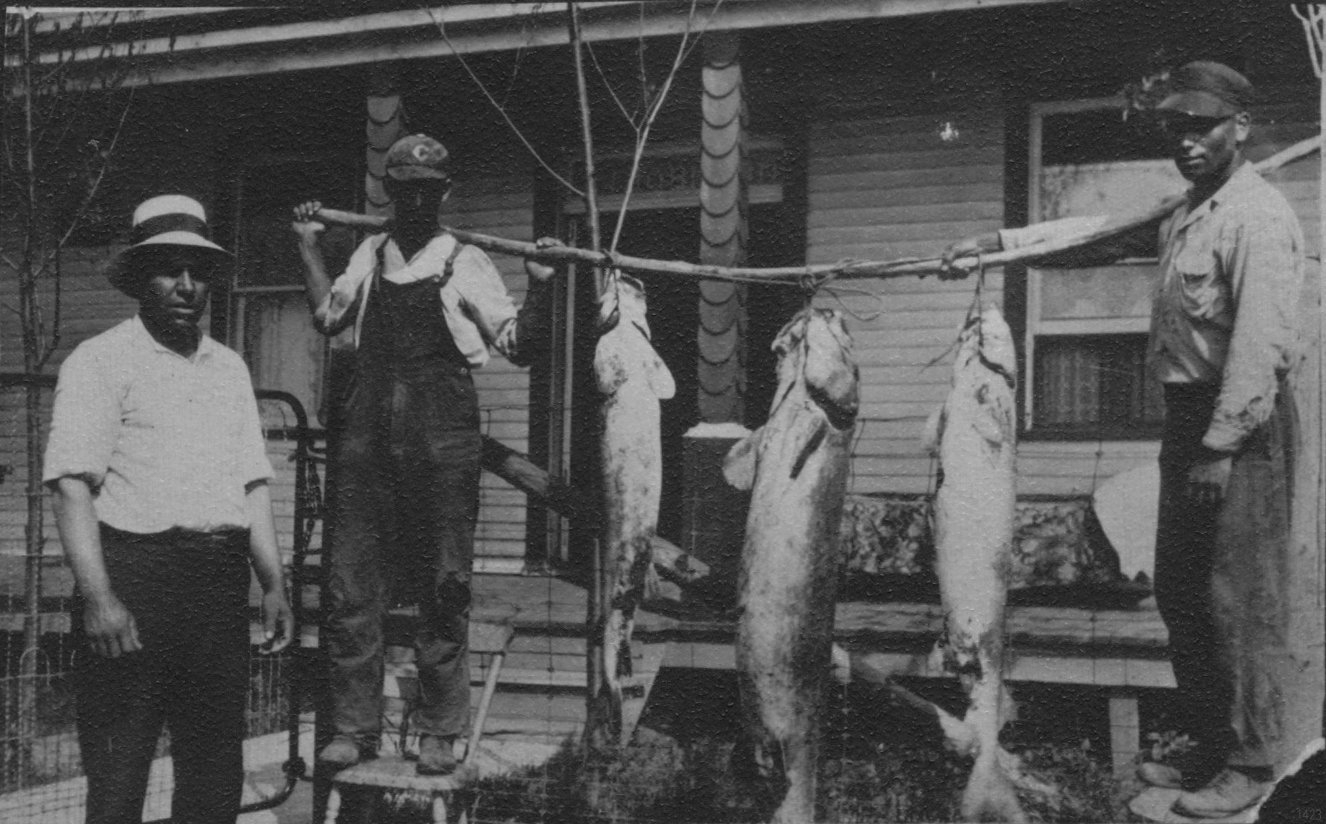

Making lacrosse sticks
I love lacrosse. Even now, today. My husband Jimmy used to make lacrosse sticks. It was a lot of work. There was a show at the Olympic Stadium in Montreal a while ago. It was an exhibition on things Mohawks made, like lacrosse sticks or basket weaving.
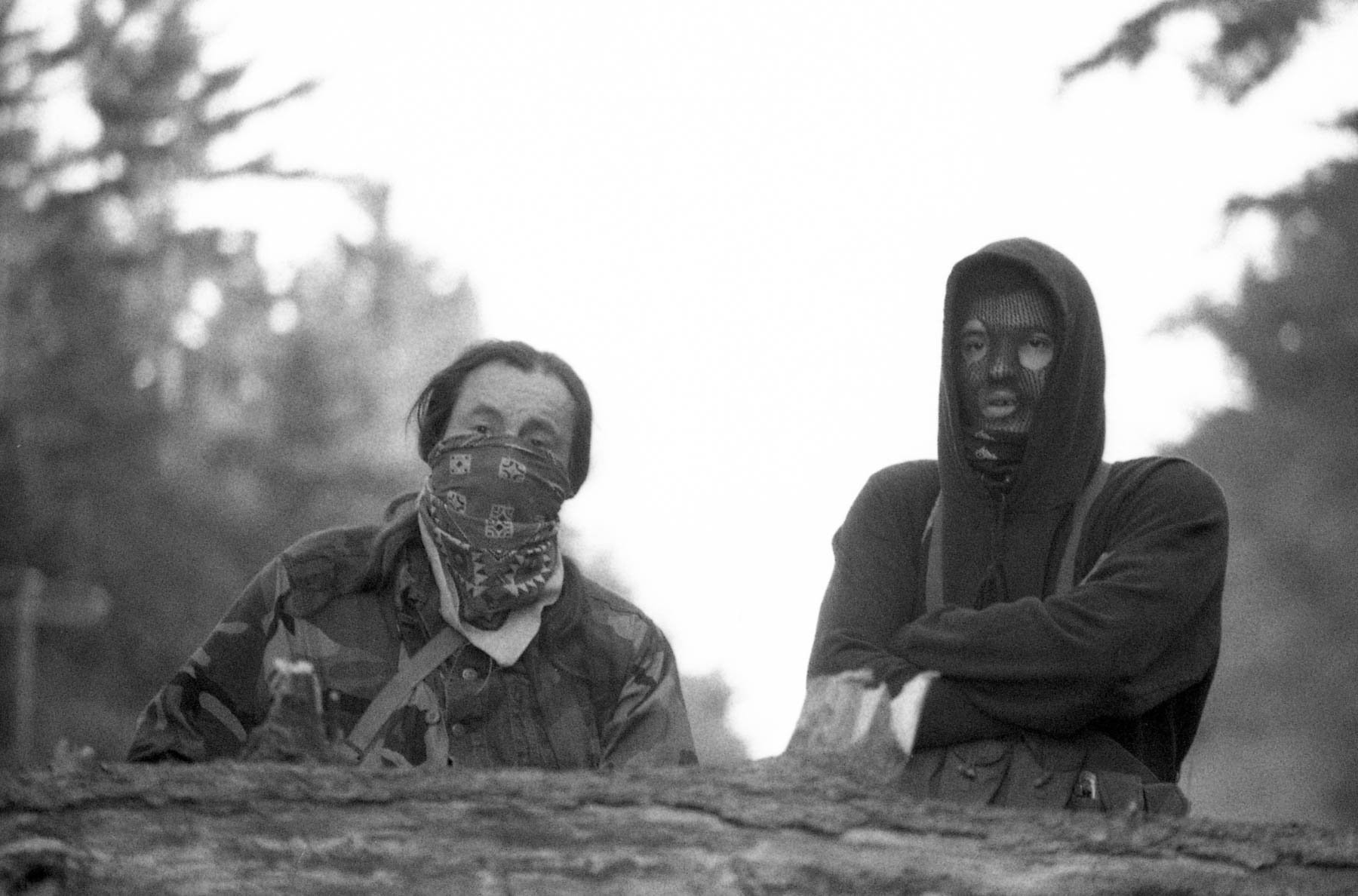
Gun to gun
Around the first of July, 1990, we went to Kanesatake. We set up patrols and camped out right there in the Pines. We didn’t expect the police to come the way they did. We thought the town workers from Oka were going to come up with chainsaws and bulldozers to start cutting down the trees and bulldoze the graves. That’s not what happened.
